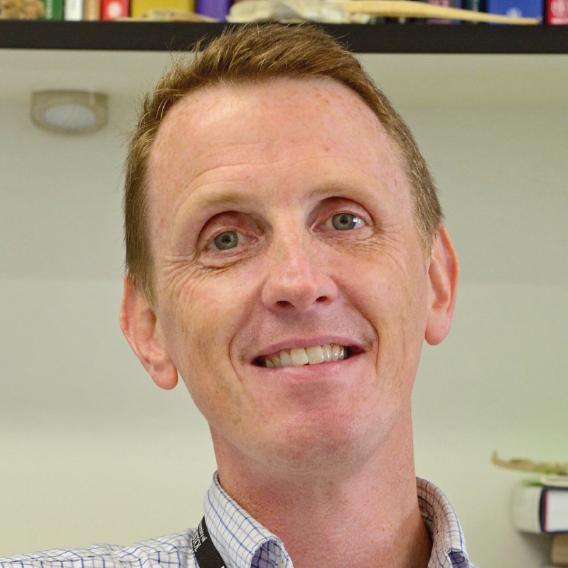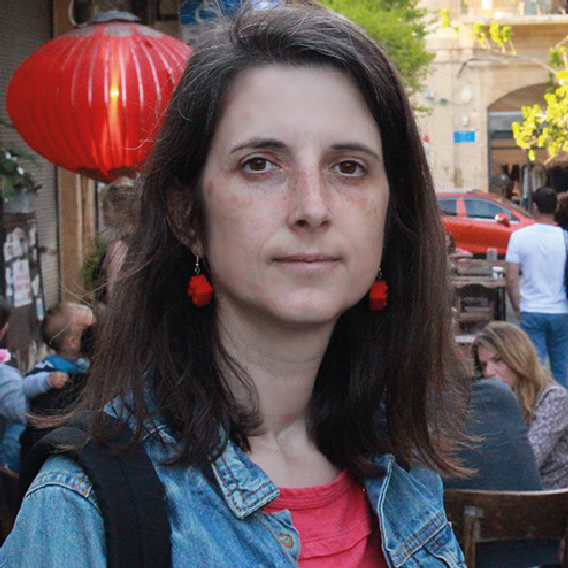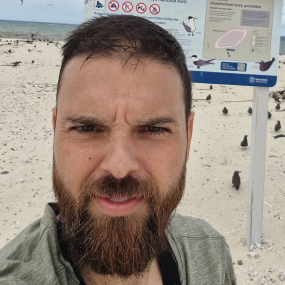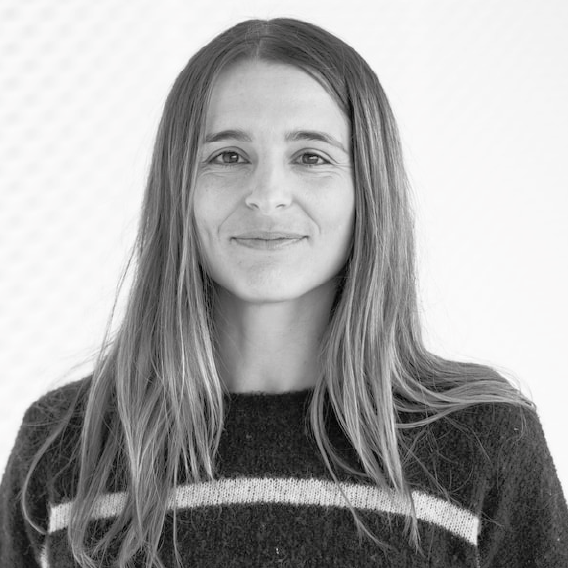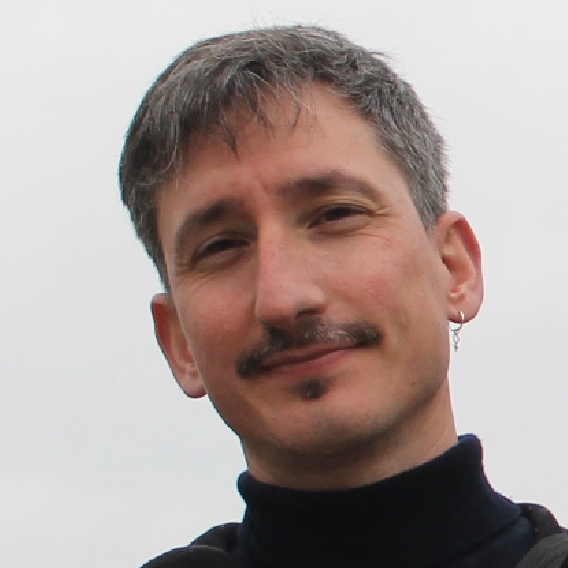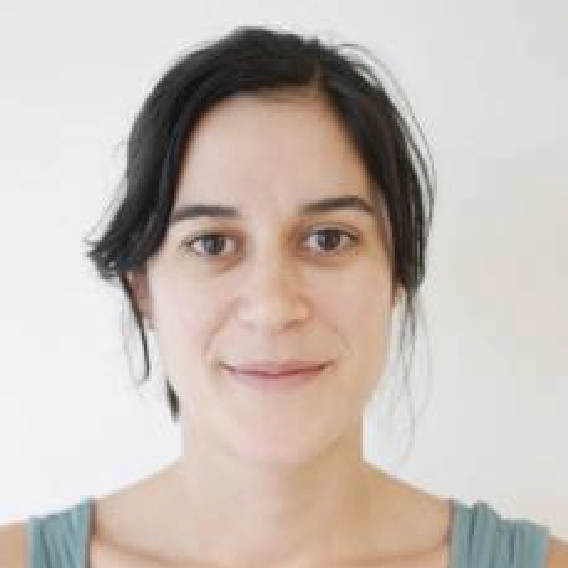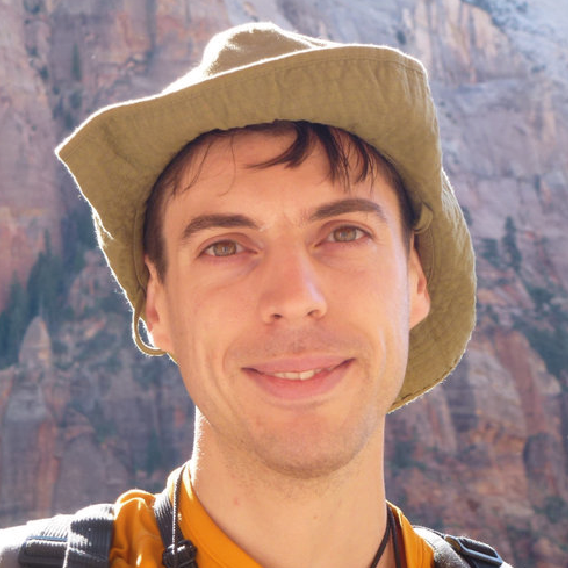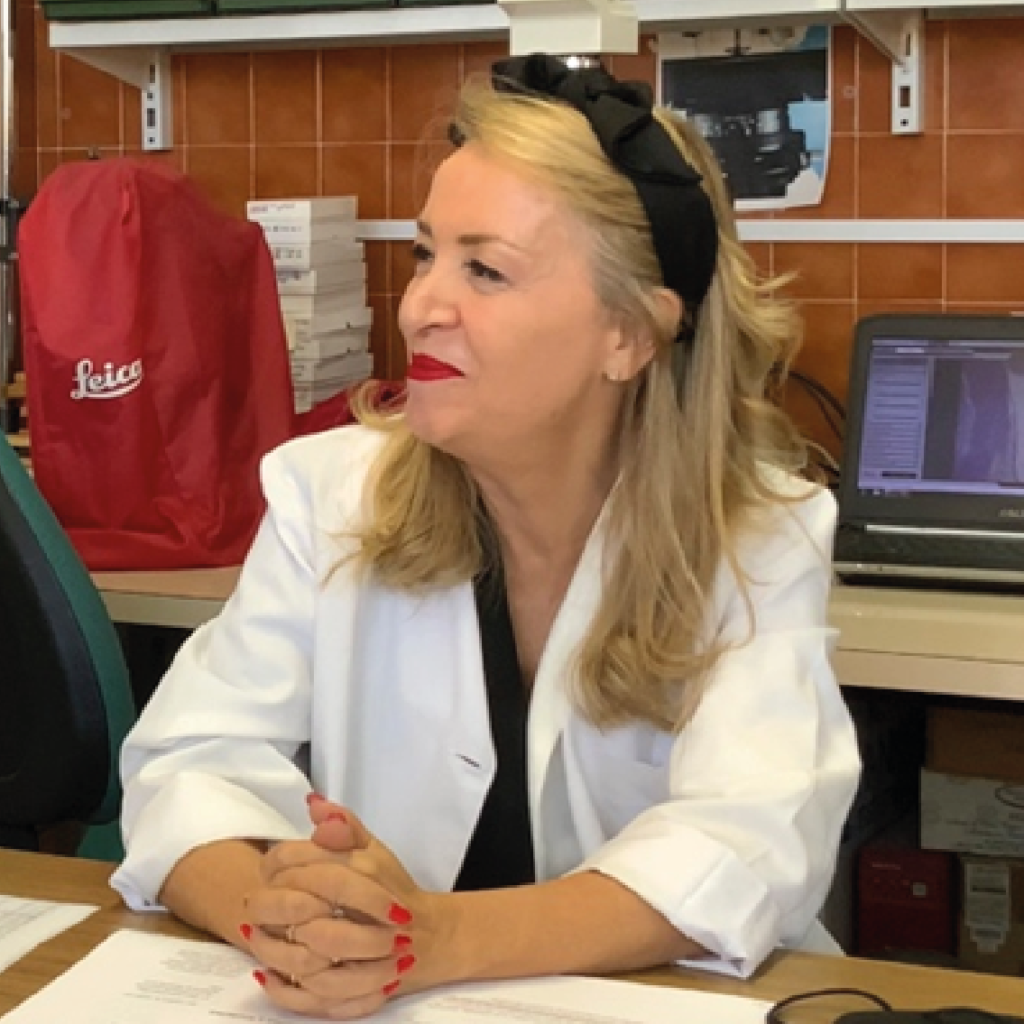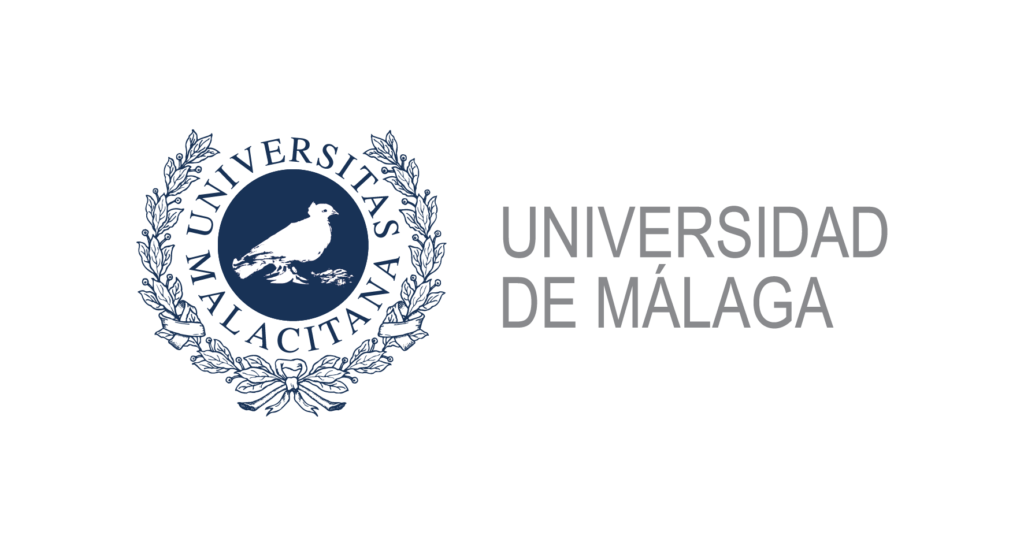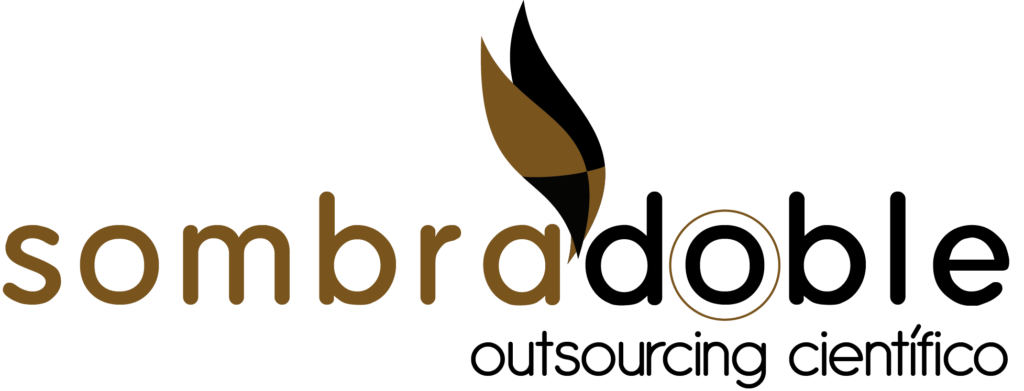9:00 - 11:00
Session 3: Evolutionary Omics
Chairs: Manuel Irimia and Ana Riesgo
9:00 – 9:30
Invited Speaker: Iker Irisarri (Leibniz Institute for the Analysis of Biodiversity Change, Germany)
Unraveling the origin of land plants by multiomics
9:30 – 9:45
Lucia Campos Domínguez (Centre for Research in Agricultural Genomics (CRAG), CSIC-IRTA-UAB-UB, Bellaterra, Spain)
Using pangenomes to elucidate the impact of TEs in the domestication of tetraploid cotton
9:45 – 10:00
Irene del Olmo (Universidad Autónoma de Madrid, Spain)
Towards the identification of the molecular machinery involved in annelid posterior regeneration
10:00 – 10:15
Claudia Londoño-Nieto (Cavanilles Institute of Biodiversity and Evolutionary Biology, University of Valencia, Spain)
Local adaptation of seminal fluid proteins to temperature in Drosophila melanogaster
10:15 – 10:30
Federica Mantica (Centre for Genomic Regulation (CRG), Barcelona, Spain)
Evolution of tissue-specific transcriptomes across bilaterians
10:30 – 10:45
Rubén Martín-Blázquez (Estación Biológica de Doñana, CSIC, Sevilla, Spain)
Population epigenetic differences between an endemic and a widespread Erodium (Geraniaceae) species
10:45 – 11:00
Sebastián R. Najle (Centre for Genomic Regulation (CRG), Barcelona, Spain)
Placozoan single-cell genomics and the emergence of the neuronal gene expression program
11:00 - 11:30
Coffee break
11:30 – 11:45
Vadim Pisarenco (Universitat de Barcelona & Institut de Recerca de la Biodiversitat (IRBio), Barcelona, Spain)
Did genome size reduction drive the rapid radiation of Dysdera spiders in Canary Islands?
11:45 – 12:00
Aida Verdes (National Museum of Natural Sciences, MNCN-CSIC, Madrid, Spain)
Understanding venom evolution and function in ribbon worms through Spatial Transcriptomics
12:00 – 14:00
Session 4: Evolutionary Ecology and Ethology
Chairs: Pau Carazo and Jennifer Leonard
12:00 – 12:30
Invited Speaker: Ainhoa Magrach (Basque Centre for Climate Change (BC3), Leioa, Spain)
Pollinator foraging dynamics across flowering seasons
12:30 – 12:45
Mohamed Abdelaziz (University of Granada, Spain)
Can hybrids modify the adaptive trajectories of parental species in contact zones?
12:45 – 13:00
Jorge Doña (Prairie Research Institute, University of Illinois, IL, USA)
Introgression dynamics in bird feather lice
13:00 – 13:15
Juan Gefaell (Centro de Investigación Mariña, University of Vigo, Spain)
Wonderful cline: Temporally stable parallel color cline in the shell of a marine gastropod from four coastal inlets
13:15 – 13:30
Lucía Jiménez-Gallardo (Complutense University of Madrid, Spain)
Differences in exposure to vector bites and diet explain variation in prevalece of locally transmitted Neotropical avian malaria parasites
13:30 – 13:45
Javier Puy (Estación Biológica de Doñana, CSIC, Sevilla, Spain)
Phenotypic plasticity modulated by hormonal and epigenetic modifications compensates detrimental effect of herbivory in Erodium cicutarium.
13:45 – 14:00
Violeta I. Simón Porcar (University of Seville, Spain)
Convergent evolution of heterostyly independent of pollination system
15:00 – 17:00
Session 5: Scientific Outreach & Popular Evolutionary Science
Chair: Enrique Viguera
15:00-15:30
Invited speaker: Victoria de Andrés (Department of Animal Biology. University of Málaga, Spain)
Evolución: la intuición de una realidad
15:30 – 15:45
Josefa González (Institute of Evolutionary Biology (IBE), UPF-CSIC, Barcelona, Spain)
Melanogaster: Catch the Fly!: a citizen science network in adaptation genomics
15:45 – 16:00
Andrés Moya (Institute for Integrative Systems Biology, University of Valencia, Spain)
The theory of evolution: a bridge between science and humanities
16:00 – 16:15
Gustavo Rezende (Institute for Integrative Systems Biology, University of Valencia, Spain)
Evo-Devo as a part of a toolkit to deactivate racism and prejudice: the relationship between form and function in living beings and the mistakes of the human look
16:15 – 16:30
The Conversation
16:30 – 17:00
Book Presentation: "Bailando con moscas"
Antonio Fontdevilla Vivanco
17:30 – 20:00
Social Activity
Visit to Historical Málaga
